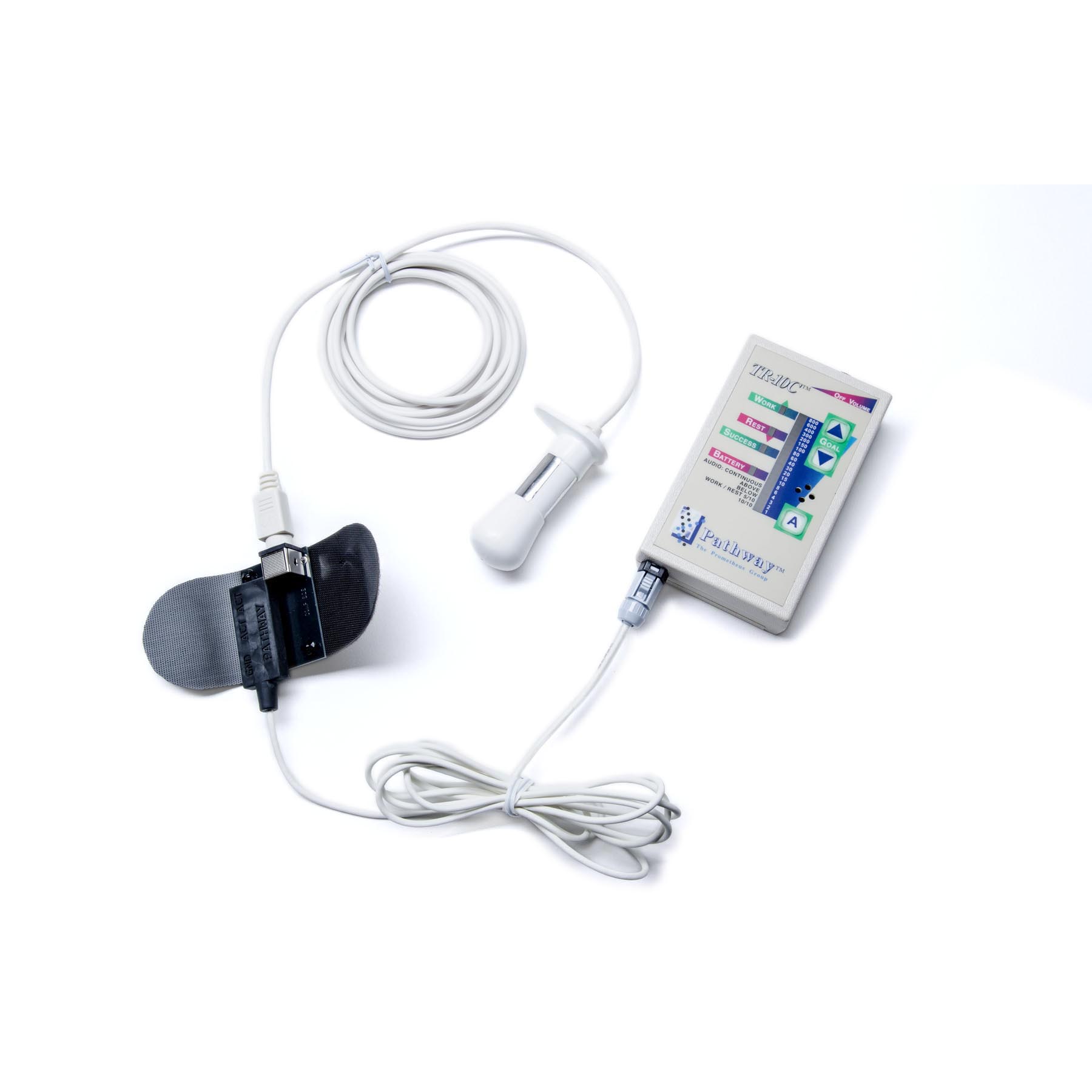Utilizing the Potential of Neurofeedback to Revolutionize Stress Management and Improve Cognitive Well-Being
Utilizing the Potential of Neurofeedback to Revolutionize Stress Management and Improve Cognitive Well-Being
Blog Article
Neurofeedback is an novel technique that has gained interest for its potential to help control anxiety and improve mental well-being. This approach involves using immediate displays of brain activity to instruct individuals how to regulate their brain function. By monitoring brain waves, neurofeedback provides responses that can help people understand to control their mental states. This technique can be particularly beneficial for those struggling with anxiety, as it offers a fresh way to comprehend and manage their feelings.
Anxiety is a widespread mental health concern that impacts many people. It can manifest in various ways, including excessive worry, restlessness, and physical indicators like a racing heart. Traditional therapies for anxiety often include therapy and medication, but these options may not succeed for everyone. Neurofeedback presents an alternative approach that centers on self-regulation. By training the brain to operate more efficiently, individuals can discover to reduce their anxiety levels and improve their overall mental health.
The procedure of neurofeedback typically involves a trained expert who leads the individual through sessions. During these sessions, sensors are placed on the scalp to assess brain activity. The data is then shown on a screen, allowing the person to see their brain waves in real time. The goal is to help individuals identify patterns in their brain activity linked with anxiety. By practicing techniques to change these patterns, they can learn to achieve a calmer state of mind. This method enables individuals to take an proactive role in their mental health journey.
Research has shown that neurofeedback can lead to significant improvements in anxiety symptoms. Studies indicate that individuals who participate in neurofeedback training often report feeling less anxious and more in control of their emotions. This technique not only helps in diminishing anxiety but also enhances overall mental well-being. Participants frequently experience better focus, enhanced mood, and greater resilience to stress. These advantages can lead to a more satisfying life, as individuals feel more equipped to handle challenges.
In conclusion, neurofeedback is a promising tool for changing anxiety management and improving mental well-being. By providing individuals with the ability to understand and control their brain activity, this technique offers a unique approach to managing with anxiety. As more people look for effective ways to manage their mental health, neurofeedback is distinguished as a valuable option. With continued research and recognition, it has the capacity to transform the lives of many individuals struggling with anxiety, leading to try these out a healthier and more balanced life.